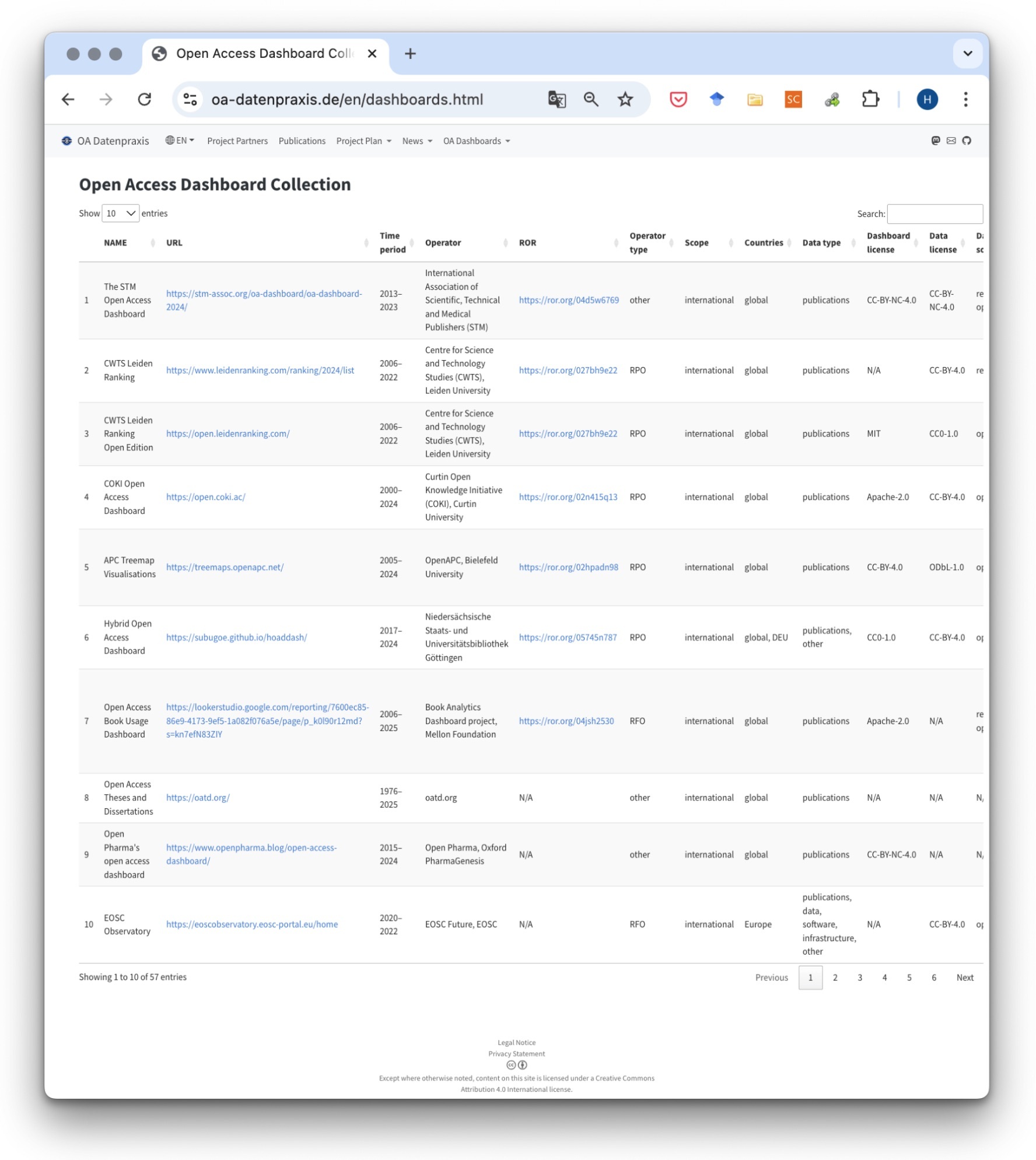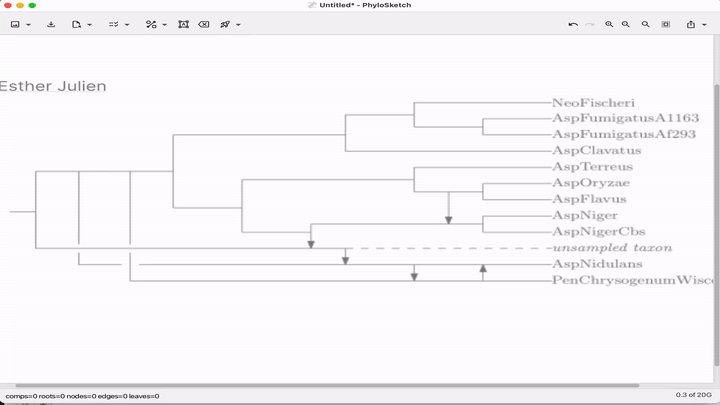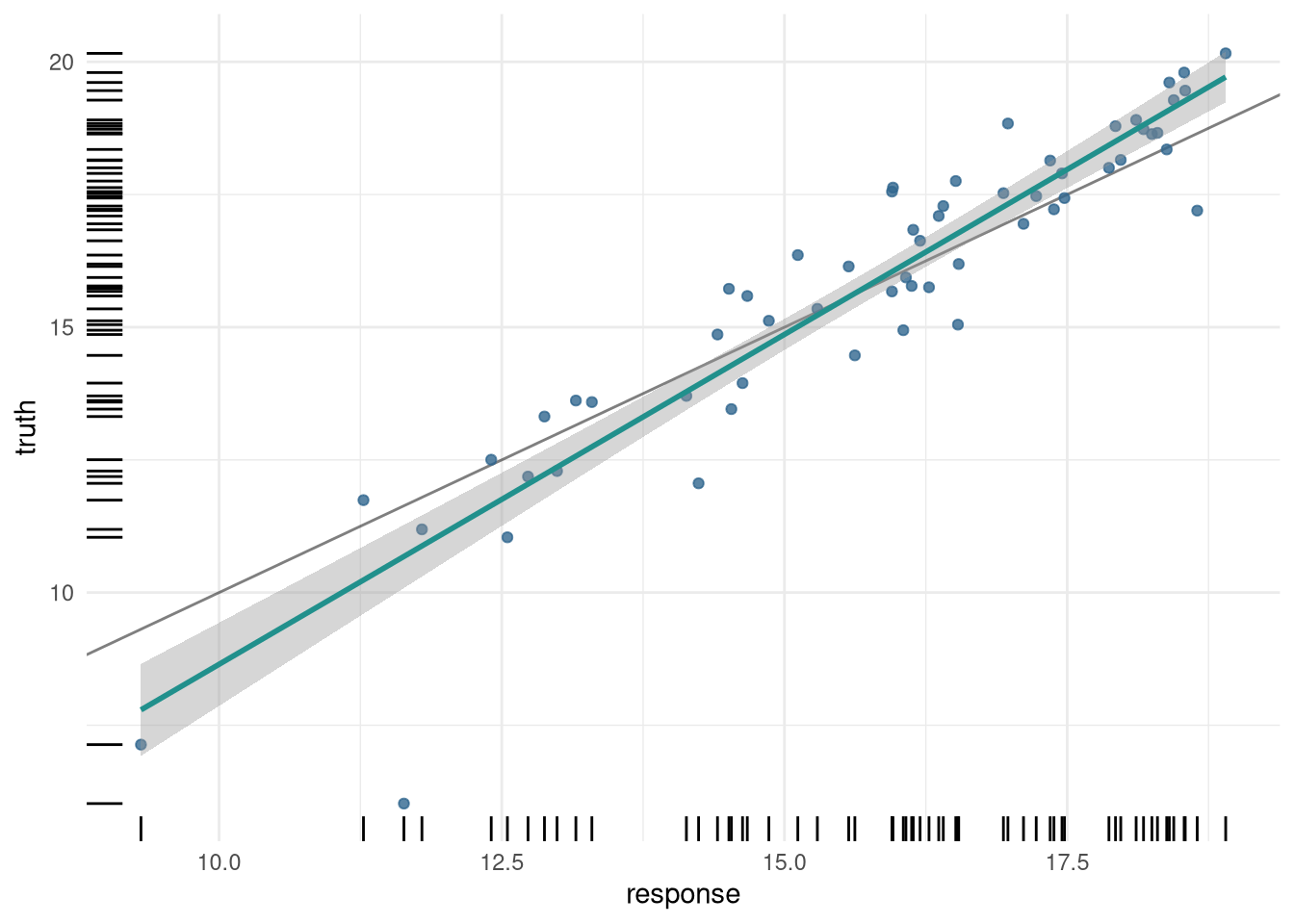
Open Access Dashboard Collection Launched As Open Access becomes increasingly central to scholarship and science policy, understanding the proportion of open publications within the overall publication output, whether at the level of research-performing organizations, individual countries, or globally, is gaining importance.


